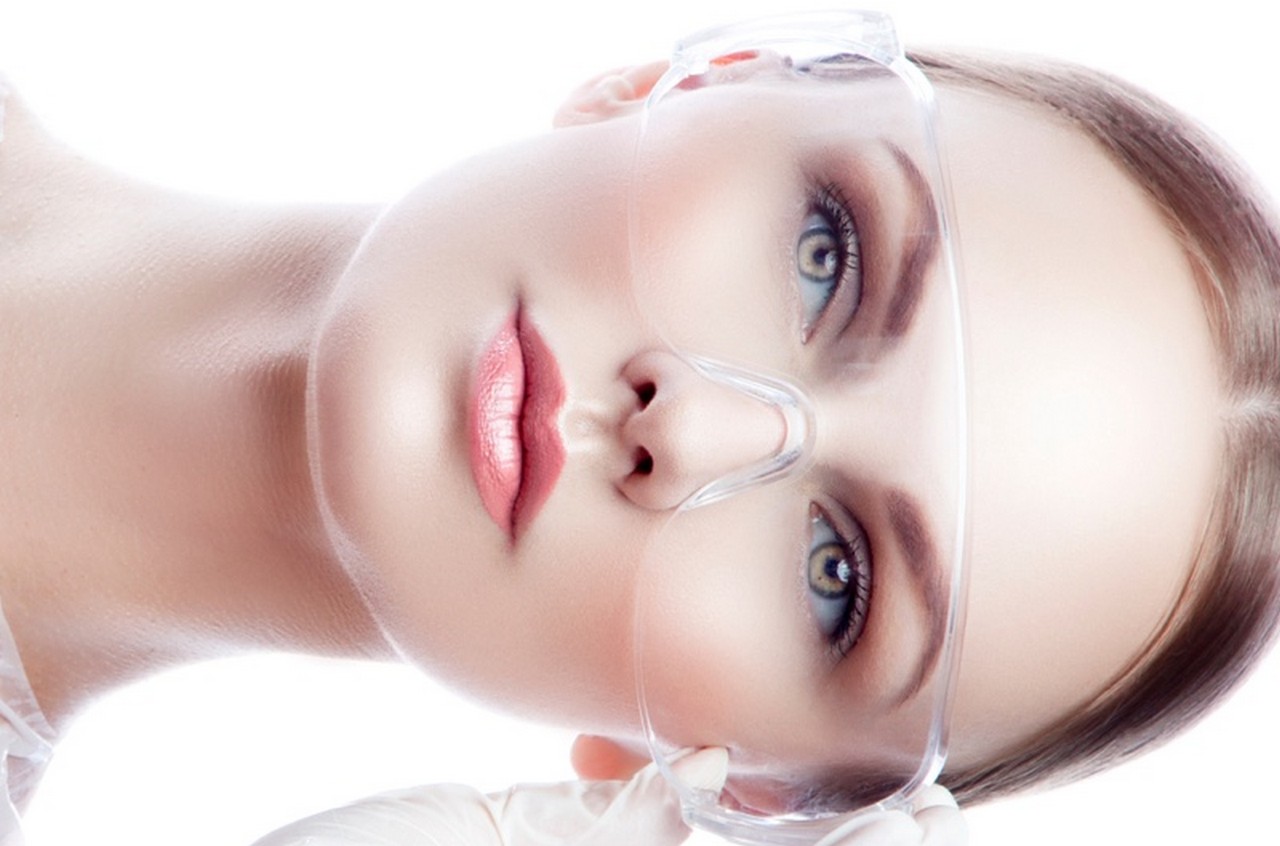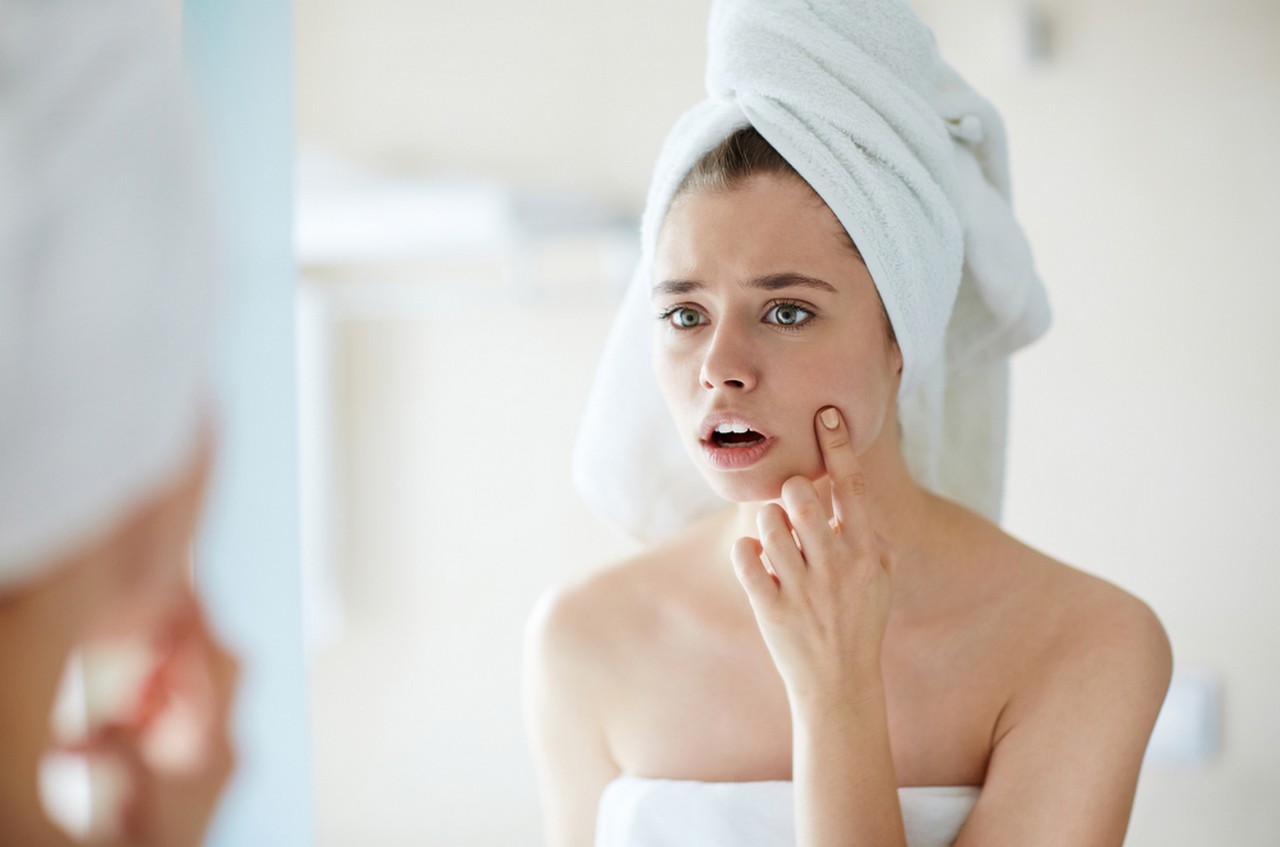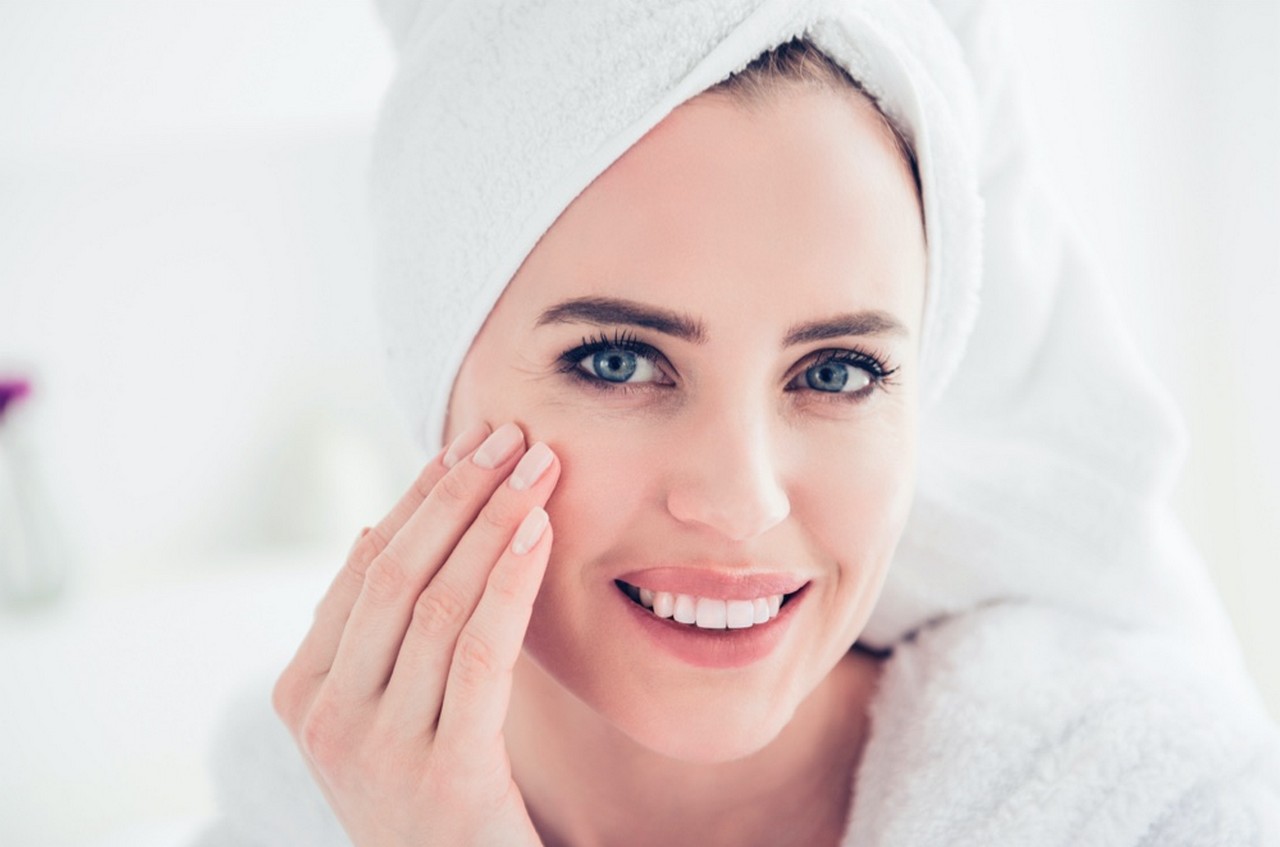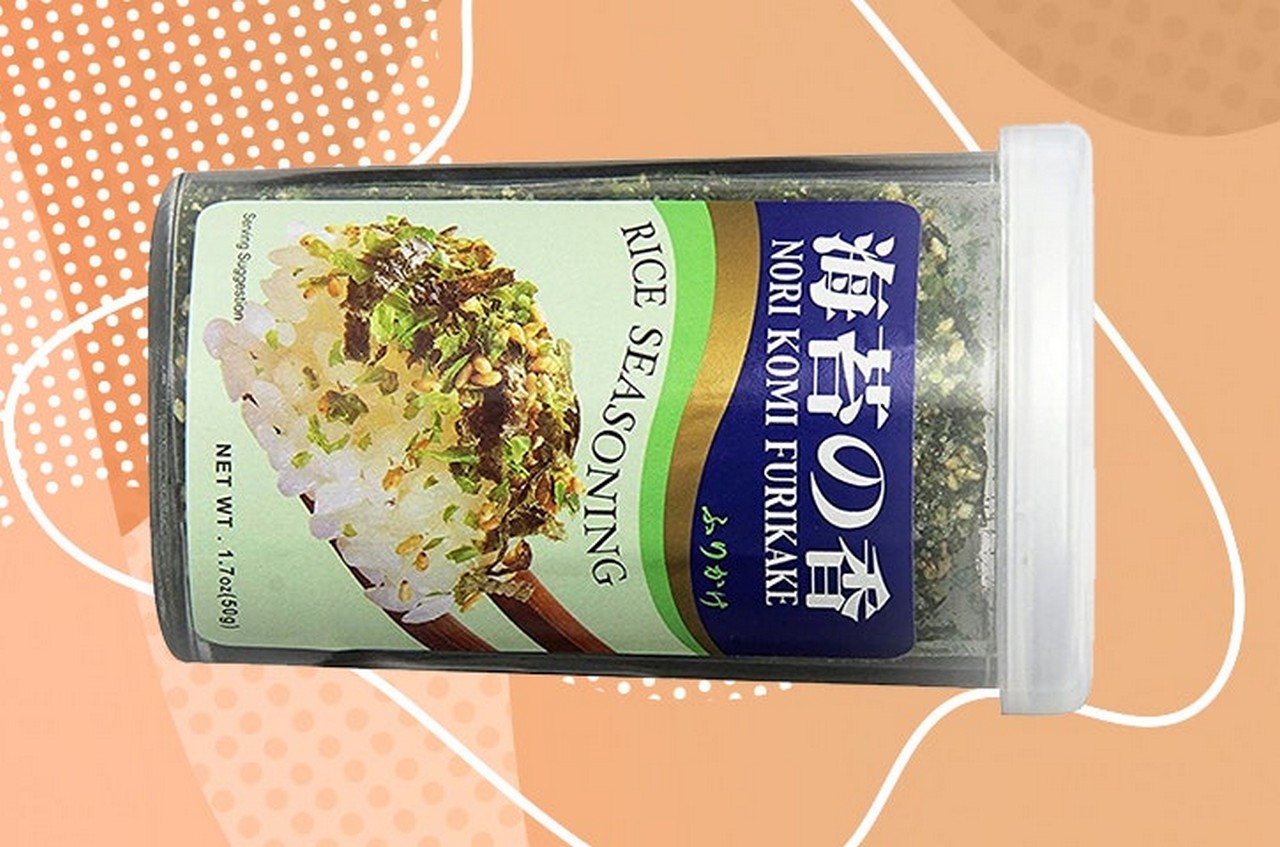
At times like this, there’s value in remembering you aren’t alone. When it comes to cosmetics, there is a community of creative and passionate people at Alyaka looking out for you. That support comes with heaps and bounds of unique knowledge begging to be shared. They’ll want you to get the full experience of natural, effortless beauty and what better way to do that than with organic cosmetics?
If you’ve used makeup before you’ve probably heard of the term, and maybe that coincides with a general idea of these products being healthier for you and the environment. You’d be right, but that leaves plenty to unpack — let’s get into what this means for you and the cosmetics you’re using.
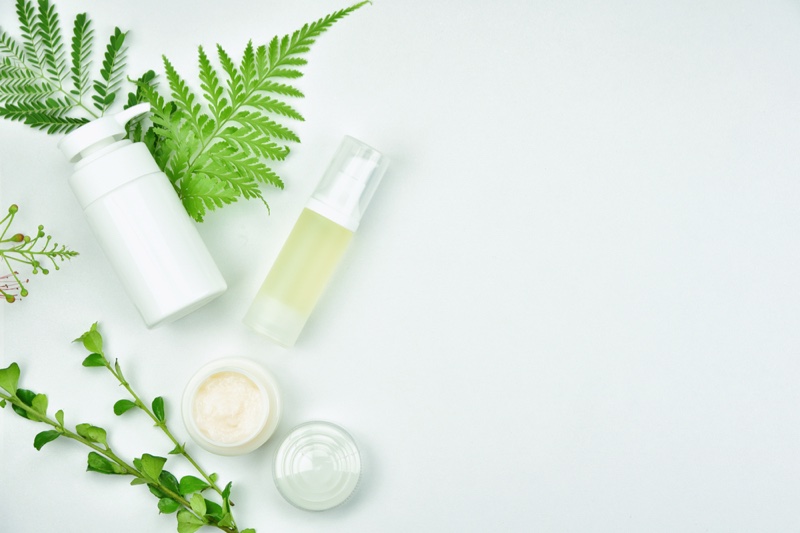
Contents
What Makes a Product Organic?
There tends to be some confusion around organic cosmetics and how they differ from natural products. To distinct them briefly, natural cosmetics are derived from plants with minimal processing, whereas organic cosmetics take it a step further.
From start to finish, organic cosmetics have further reduced the harmful contaminants like herbicides, pesticides, fungicides, and antibiotics from the product. Actual certified organic cosmetics are held to the standard that 95% or more of their ingredients are listed in a preapproved appendix that outlines the contents as being organic.
The care surrounding these ingredients tends to be a little more costly, which is why you might find higher prices next to these products.
• Pro Tip: Look for Logos!
Organic cosmetics are heavily sought after. Everyone strives to find the products that their skin will thank them for, but unfortunately, a lot of consumers are misled. For no fault of their own, the marketing of makeup can make for quite the confusing ride. Industries understand the value in the product, but not every one of them is honest in the way they depict organic cosmetics.
In your search for organic cosmetics, tend toward items with trusted logos on their packaging. Certified products will display logos for COSMOS and NaTrue, two leading standards for organic cosmetics with certification schemes, although there are more to look out for. These certifications give credibility to the products and their organic claims.

The Benefits of Using Organic Cosmetics
Now that we know what organic cosmetics are and how that translates to a product, let’s outline how exactly that impacts you as a consumer. There are a number of benefits that come with switching to organic products — or maybe you’ve always used them, and we can talk about the good it’s doing.
1. Organic Cosmetics Are Eco-Friendly
The harsh substances that make up conventional cosmetics tend to require an extensive amount of mining and other means of stripping wildlife of its natural lushness and vitality. On the other end of this spectrum are organic cosmetics which step away from the destruction of the world around us, tending toward the gentle growth, raising, and harvesting of natural ingredients without the use of pesticides and other harsh chemicals.
2. Organic Cosmetics Are Better for Your Skin
If you aren’t someone with particularly sensitive skin who gets red and irritated with the application of non-organic cosmetics, the synthetic ingredients could still be causing you invisible harm. This manifests with prolonged use of the products that only wear on your skin and can lead to premature aging and sunspots.
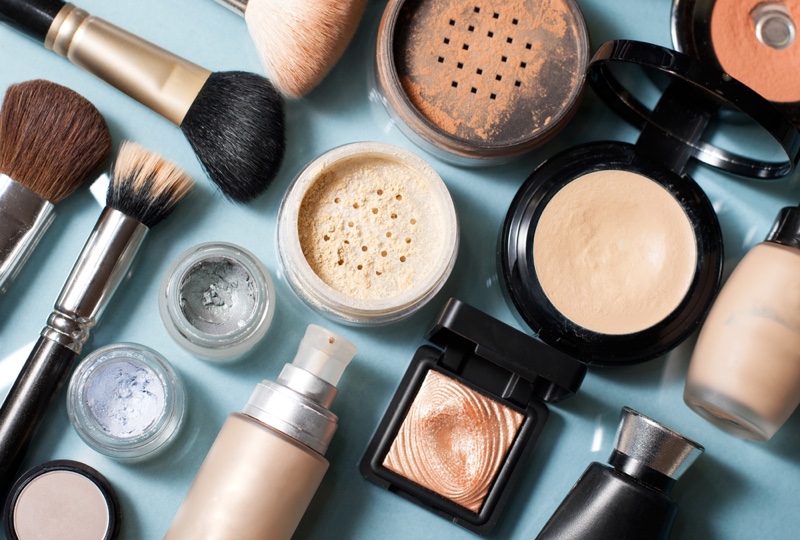
3. Organic Cosmetics Are Cruelty-Free
You might have heard about the backlash against the beauty industry for product testing on animals to ensure cosmetics are safe for humans before release. It’s safe to say that organic cosmetics were exempt from that — their sole use of natural ingredients are harmless.
4. Organic Cosmetics Have a Natural Fragrance
Have you ever opened a new beauty product and turned your nose up to a powerful, synthetic smell that overwhelms both your excitement for the new cosmetic and your sense of smell? Not only does it carry a powerful chemical odor, but if you have allergies, the application of such a product could prove to be a nightmare. Organic cosmetics aren’t always free of fragrance, but it does tend to be gentler on the nose than conventional counterparts.
5. Organic Cosmetics Are Organic!
That’s certainly not shocking — truly organic cosmetics are organic. However, it’s worth emphasizing what this means. Your skin absorbs 60% of what’s put on it, and your use of organic cosmetics means you are cutting back on your skin’s exposure to harmful herbicides, pesticides, fungicides, and antibiotics. Meanwhile, you are gifting it with the gentle embrace of all-natural ingredients it can cherish instead.
Lastly, Beauty Comes from Within
Treat yourself and your skin the way it deserves to be treated with gentle products that care for it. That creative and passionate community we talked about earlier just want to support you by sharing unique knowledge and insights to help you thrive, while recognizing the importance of your health and wellbeing from which your beauty stems.



